FLORA OF MACEDONIA
The flora of Central Macedonia is represented by approximately 210 families, 920 genera, and around 3,700 species of plants. The most numerous group consists of flowering plants, totaling around 3,200 species. In Macedonia, you will find many beautiful varieties of flowers, fruits, or plants in general. When you come to Macedonia, you won’t be able to get enough of the diversity of plants and their vibrant colors. In this article, I will introduce you to a few of them so you know what to expect.
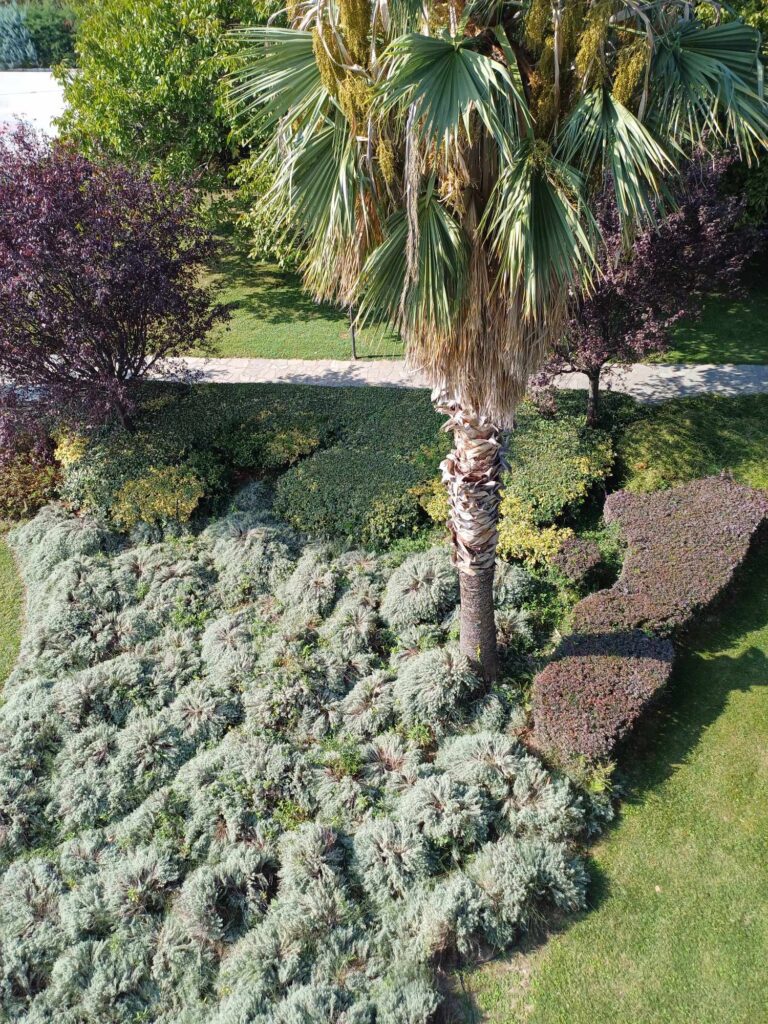
The first plants you can encounter in Macedonia will be flowers. I'll mention a few of them:
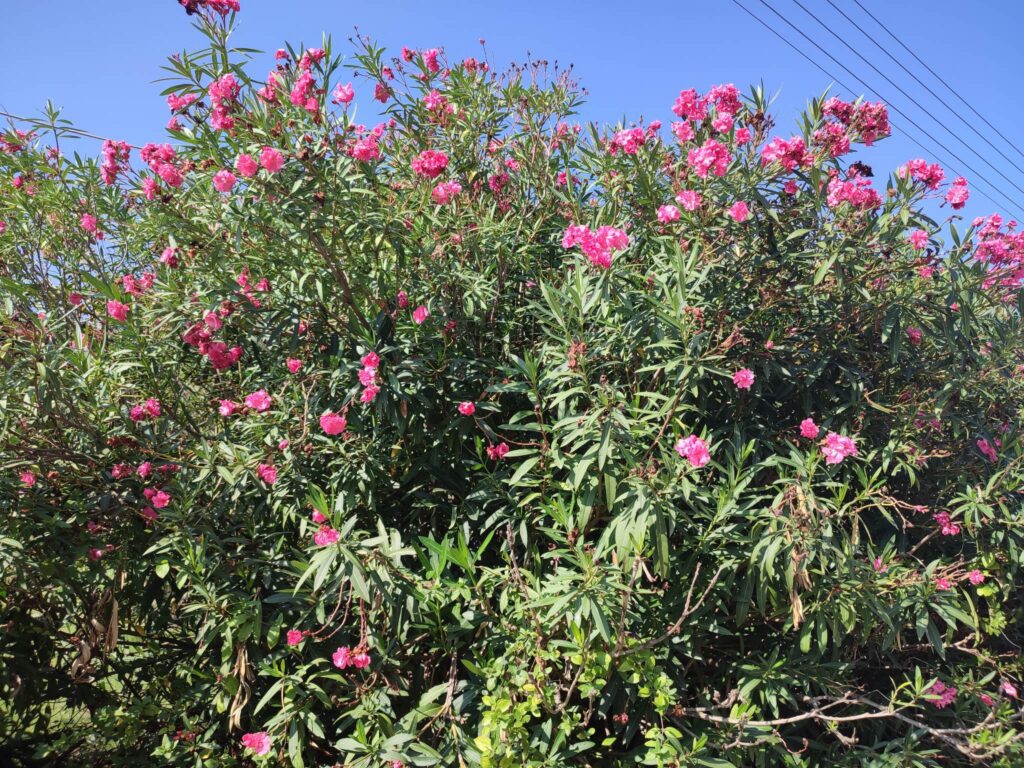
OLEANDER
The first beautiful flower you'll encounter in Macedonia is the oleander. Oleander is a stunning flower that comes in a beautiful pink color. In Greek Macedonia, you can find this beautiful flower everywhere. It can be seen along the streets and on properties all around. It thrives and spreads easily because the climate there is perfect for its growth.
JASMINE
Another common flower that you can find in many places is jasmine. Jasmine is a beautiful white flower with an intense fragrance. Not everyone may like its scent, but it looks gorgeous. It’s delicate and has small flowers.
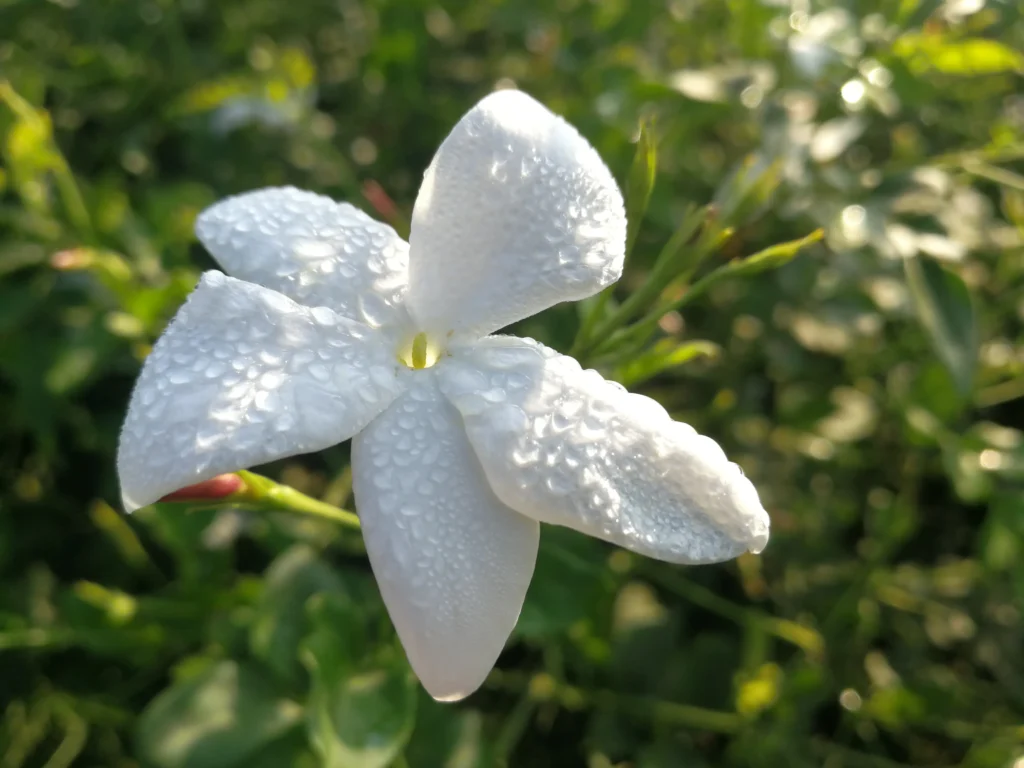
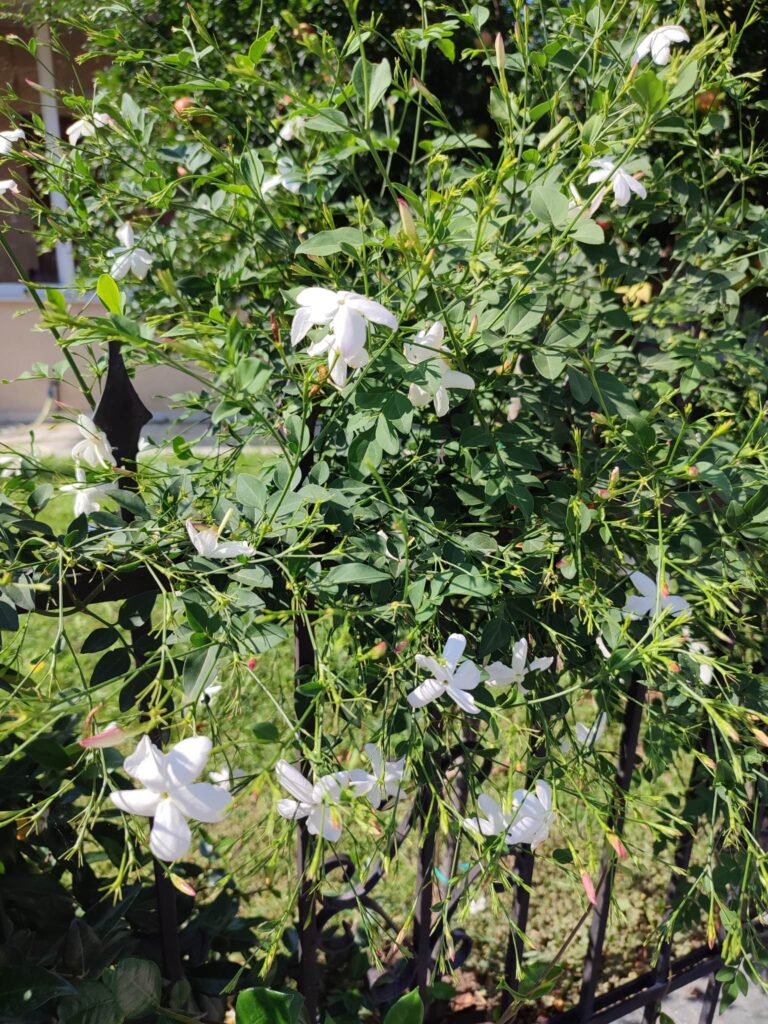
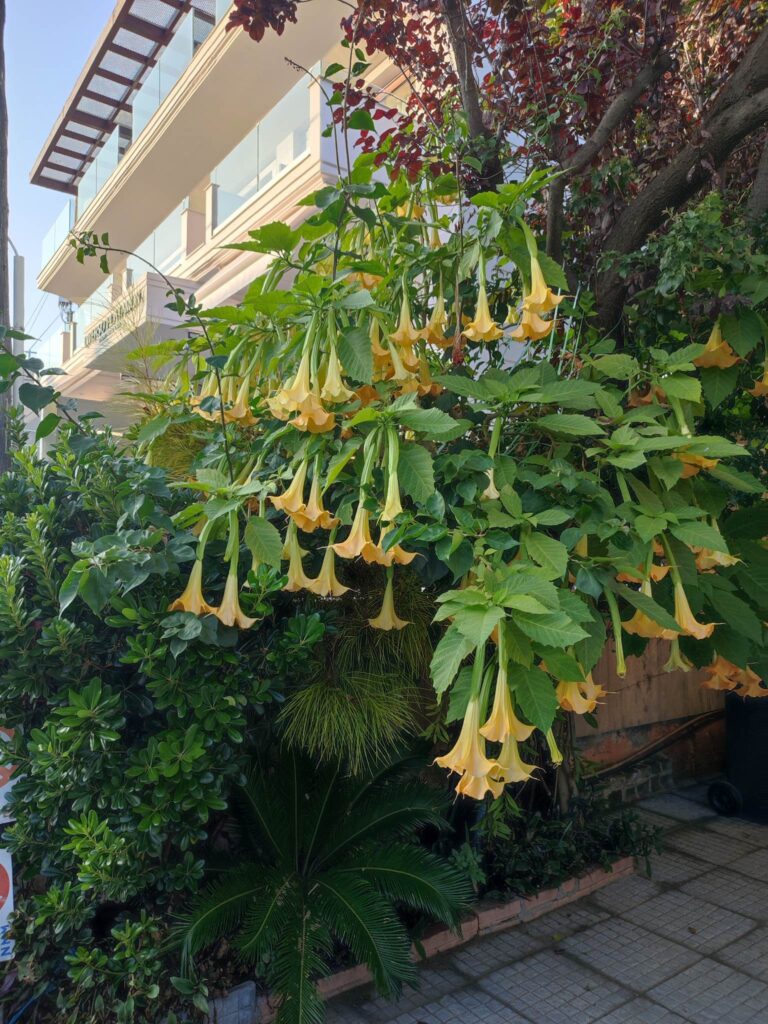
DATURA
This is a plant known as Datura, which has bell-shaped flowers. Some young people may use it as a drug. Datura has strong hallucinogenic properties, and its seeds are often colloquially referred to as “Targówek hashish” or by other local names. It’s important to understand that Datura is a highly toxic plant, and consuming it can lead to serious health risks, including the risk of death.
In Macedonia, you can find a wide variety of fruits. Some of the fruits that can be found there include:
Kiwii
Kiwi is often found in Macedonia. It grows on bushes, and the climate there is conducive to its healthy growth. The idea of being able to walk out to your own garden and pick fresh kiwi is wonderful. Kiwi picked straight from the bush is a hundred times better than store-bought ones.
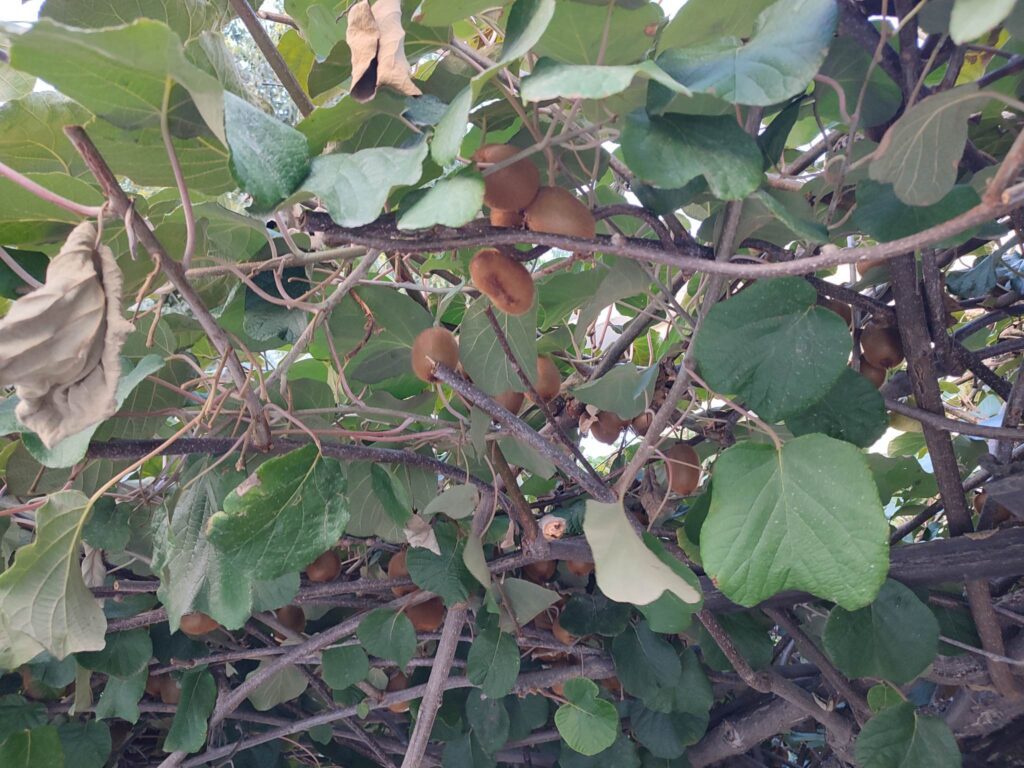
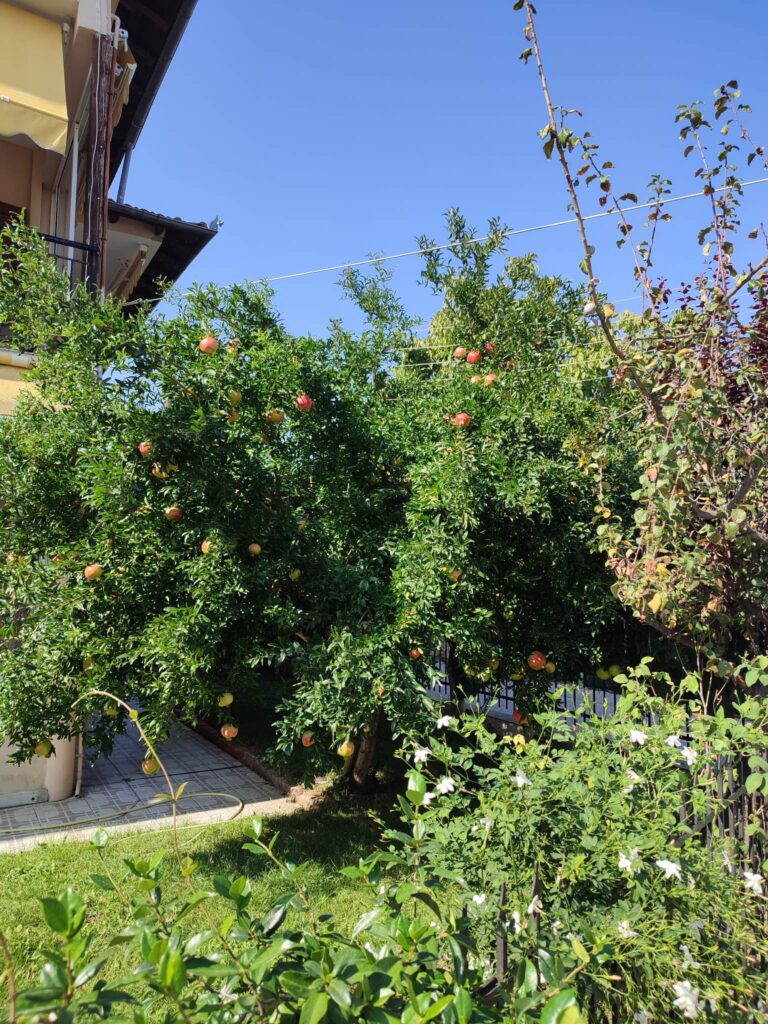
Pomegranates
Another fruit found in Macedonia is the pomegranate. Pomegranates have a delicious flavor, and their fruits contain many seeds. On the outside, they resemble apples, but on the inside, they have a beautiful red color. They are perfect for desserts or simply for eating on their own.
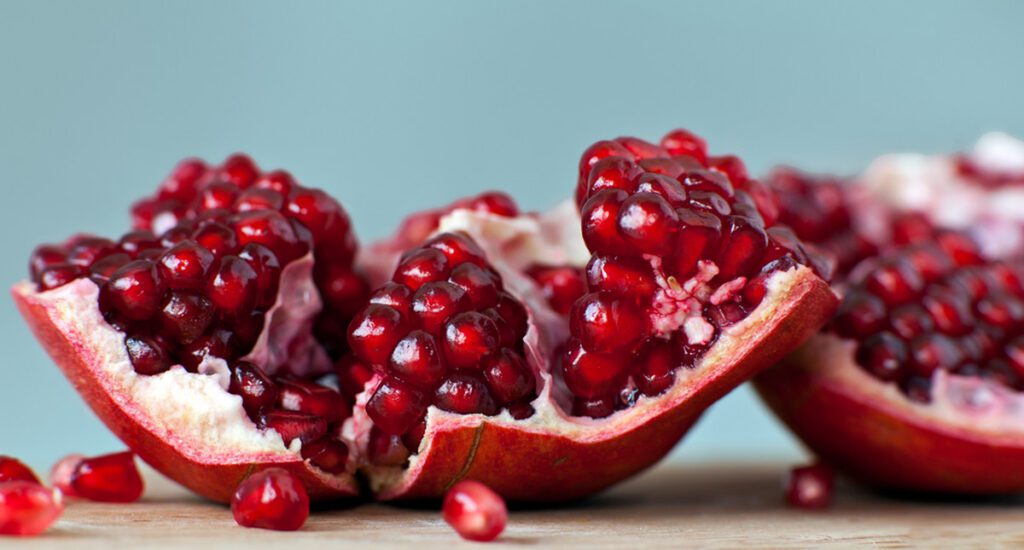
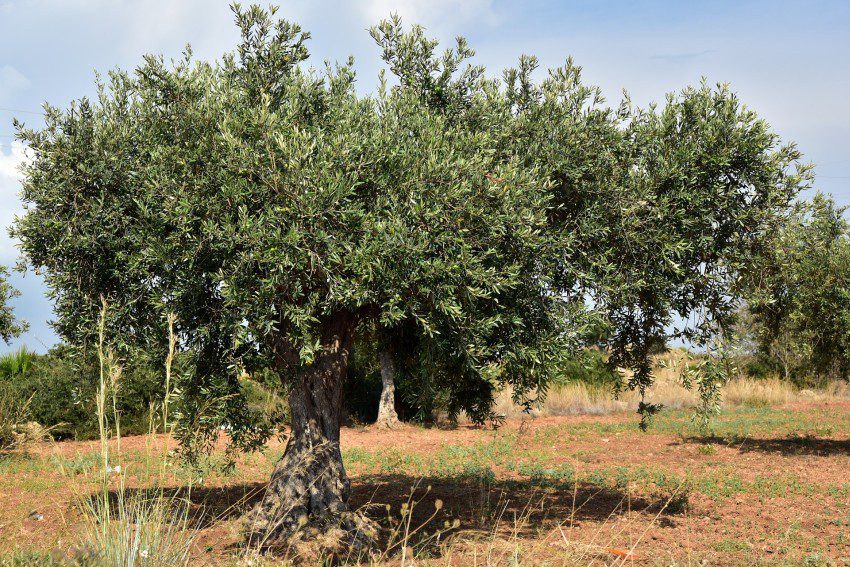
Trees:
In Greece, you can also find palm trees and various types of olive trees. Olive trees are extremely common in Greece and can be found everywhere. Every Greek loves to eat olives. Interestingly, the olive was a symbol of Athena, the goddess of wisdom. In ancient mythology, there’s a myth about the dispute between the sea god Poseidon and the goddess of wisdom Athena over what name should be given to the newly built city on the Attica peninsula. The decision was to be based on what each deity could offer that was more valuable. Athena emerged victorious, and that’s why the city is named Athens.
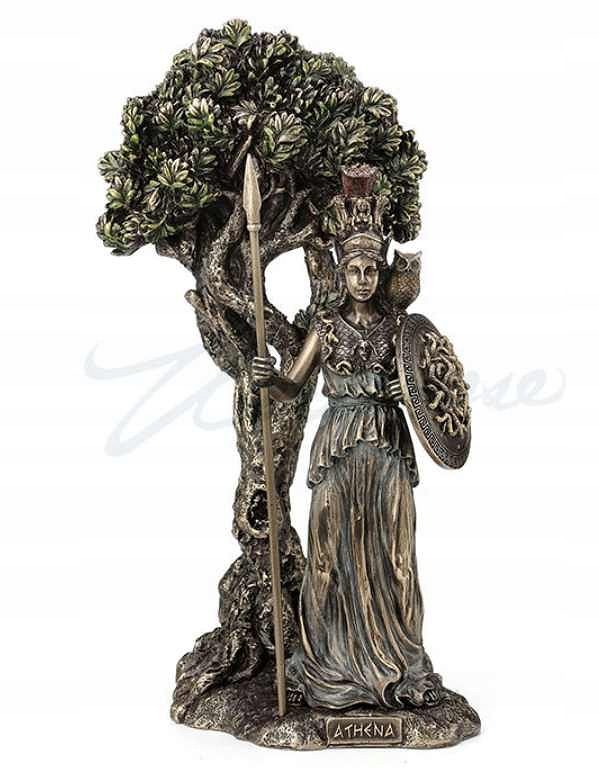
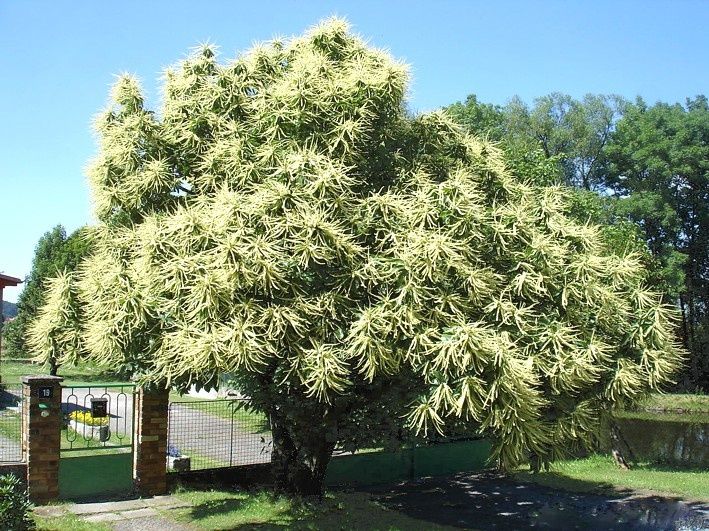
The edible chestnut.
The edible chestnut blooms in early July with decorative, fragrant, creamy-white flowers. After flowering, two nuts develop within very prickly husks. Such chestnuts are often seen in Macedonia, growing all around, and they look spectacular with their large, prickly husks.
